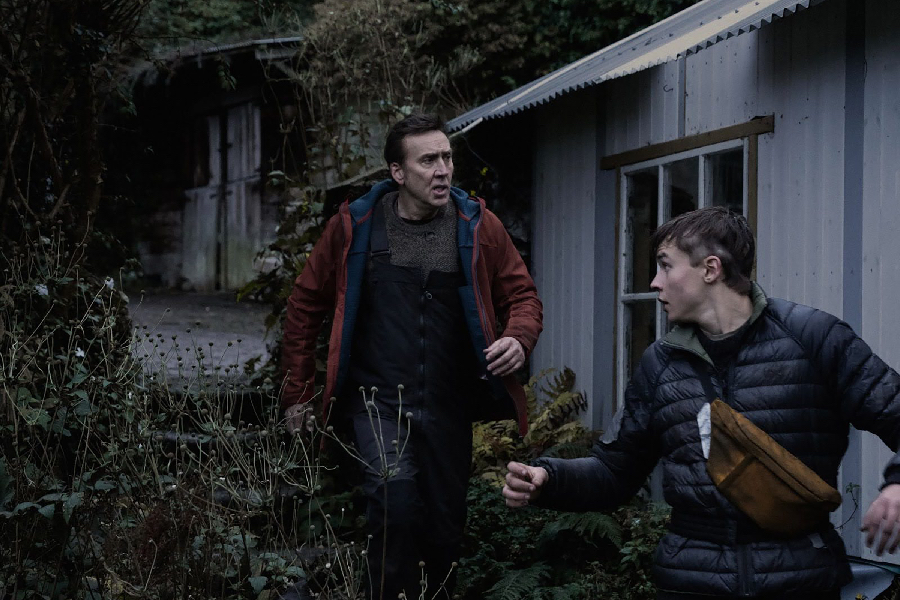A Cadillac saleswoman notices that a middle-aged customer has removed his shoes before sitting behind the wheel of a showroom Fleetwood. She strikes up a conversation and patiently listens as he stammers an explanation, unaware that her latest client was once a music legend. So begins “Love & Mercy,” a well-crafted biopic that presents an honest yet captivating portrayal of a man who is one of popular music’s most revered figures.
Based on the life of Beach Boys co-founder Brian Wilson and directed by Bill Pohlad, who is best known for producing the 2005 epic drama “Brokeback Mountain,” the film is presented in a parallel narrative that covers two key periods in Wilson’s life: the first focuses on Brian Past (Paul Dano) during the creation of his studio album “Pet Sounds,” and the second focuses on Brian Future (John Cusack) during his post-fame life, specifically his struggle to break free from controlling psychotherapist Eugene Landy (Paul Giamatti).
Although the premise initially sets the stage for a tried-and-true look into Wilson’s personal life, “Love & Mercy” is a film that ultimately shatters expectations by providing insight into the complicated creative process — one that is rarely shown onscreen. In order to successfully recreate the making of “Pet Sounds,” Pohlad works with veteran cinematographer Robert Yeoman and utilizes the camera to convince audiences they are trapped inside a claustrophobic recording studio, forced to watch as a group of session musicians make music history.
Pohlad also manages to refrain from bogging down the film with unnecessary and cliched plot devices, ensuring the finished product moves at a brisk pace while simultaneously making sure the audience remains fully engrossed in the action from start to finish. Nothing feels shoehorned into the narrative, and the result is a cinematic rollercoaster filled with pure emotion.
The script leaves the task of augmenting the plot to Dano and Cusack, both of whom deliver wonderfully naturalistic performances. Dano is best in show as Brian Past, an eccentric yet increasingly unstable character whose deteriorating mental health is externalized in the pained facial expressions he employs and the manifesting auditory hallucinations he experiences. Where Dano struggles to cope with the voices in his head, Cusack has lost his grip on reality. Brian Future is depicted as a broken and confused man who is unable to do anything on his own, going so far as to defiantly devour a hamburger after Landy orders him not to eat anything.
While Dano and Cusack manage to steal the show, the supporting cast is not only extensive, but also solid and immersed in their respective roles. Giamatti convincingly embodies a manipulative legal guardian who is nothing short of vile, while Elizabeth Banks crafts a memorable performance as Wilson’s headstrong second wife, Melinda Ledbetter. Broadway star Bill Camp has a small part as Wilson’s father, Murry, but maximizes his role well by taking on the persona of a tyrannical businessman who takes pleasure in causing his son emotional pain.
The film’s score, which primarily consists of the Beach Boys’ hit singles such as “Surfin’ USA” and “I Get Around,” gives the film a nostalgic feel because it transports audiences to a time when the music scene was dominated by British bands. Although this effect quickly grows tedious, each song is used with purpose and heightens every scene from beginning to end.
Perhaps the most impressive feat is Pohlad’s ability to take real-life events and turn them into something more significant. Audience members, young and old, will be able to take something away from “Love & Mercy,” whether it’s the the romantic moments or the scenes fueled by raw emotion. Fans of the Beach Boys will greatly appreciate the direction in which Pohlad and his team chose to take this testament to Wilson’s life and legacy.



















